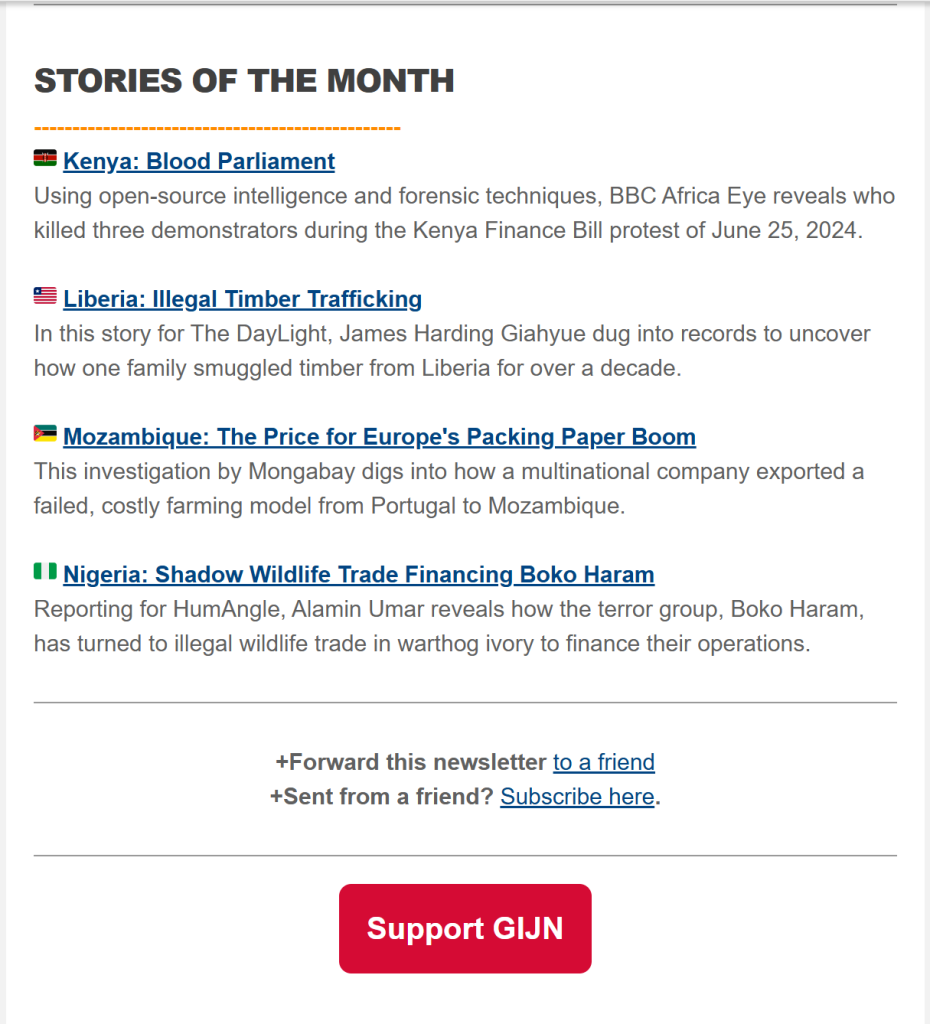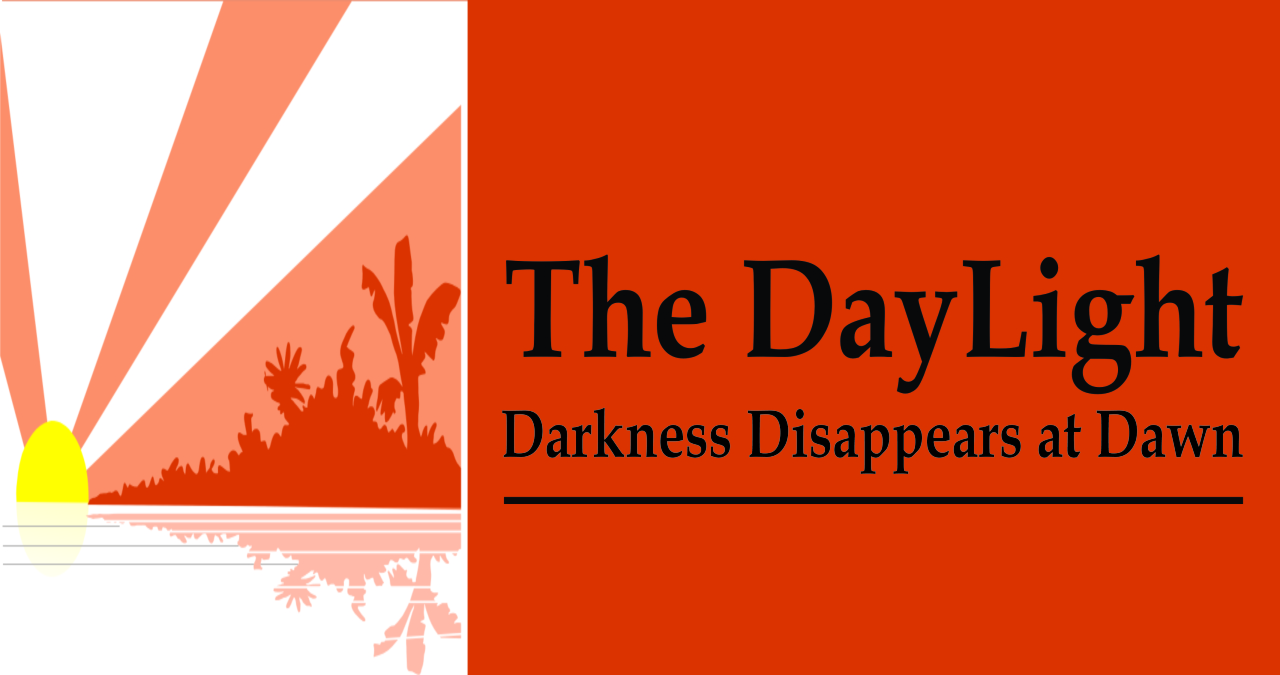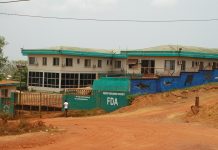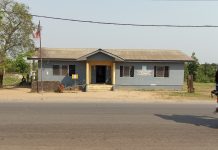Top: The DayLight was established in 2020 and began publishing in 2021.
By Gabriel Dixon
MONROVIA – A DayLight investigation was selected as one of the best in Africa, the online environmental newspaper’s first international recognition.
The Global Investigative Journalism Network (GIJN) chose “How a Family Smuggled Timber for over a Decade” for May. It was listed alongside investigations from Kenya, Nigeria and Mozambique in the GIJN monthly recognition of great African works. Established in 2003, GIJN supports, promotes and produces investigative journalism, with 250 members.
“This is a victory for Liberian journalism,” said James Harding Giahyue, DayLight’s Director/Managing Editor, who conducted the investigation. “Our team, partners and networks need this motivation, as we hold extractive and environmental actors to account.”
The DayLight was unaware of the feat until recently.
In the investigation, Giahyue dug through documents to shed light on how a Caldwell family forged paperwork, evaded taxes and trafficked timber for 14 years. He reviewed shipping records, trade websites, a WhatsApp chat and audio recordings to expose the family. It was a follow-up to a previous story by Varney Kamara, The DayLight’s senior reporter.

The investigation led to a police inquiry into tax evasion, forgery and economic sabotage against Ben Wesseh, the suspect. However, there has been no indictment, some five months later.
It also led to a change in the Ministry of Agriculture department that issues phytosanitary certificates, which certify that timber is free of pests.
The DayLight was established in 2020 with a mission to produce evidence-based stories from nature’s frontiers, as well as inspire a new generation of Liberian investigative journalists. It coordinates the Community of Forest and Environmental Journalists (CoFEJ), which has over three dozen members nationwide.
Since its first publication in April 2021, The DayLight has won four national awards, two each in 2022 and 2024.
DayLight investigations have led to four prosecutions, five police probes, at least two Environmental Protection Agency (EPA) fines, three suspensions, and two dismissals of a forest ranger and a police commander.
They have also led to an FDA reshuffle, an EPA halting of an illegal carbon deal, inspired a legislative inquest of a quarry company, and led to a ban on a certain logging activity, known as block wood or “kpokolo.”





Facebook Comments